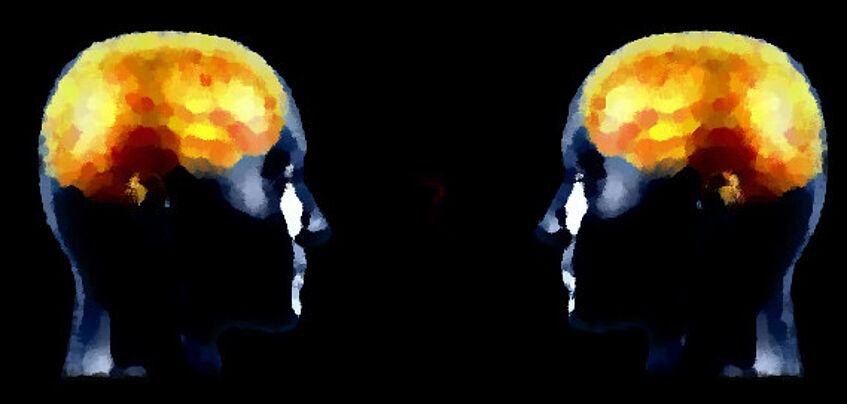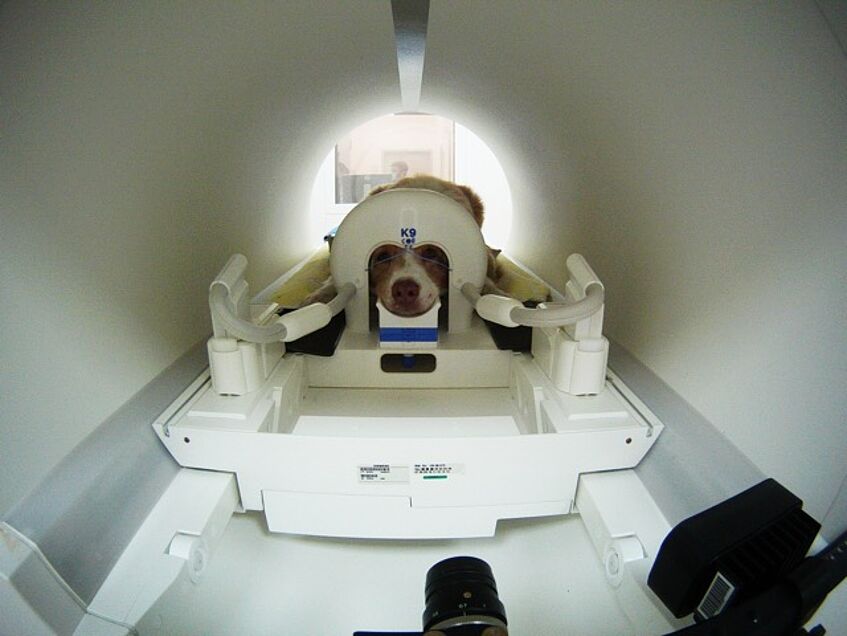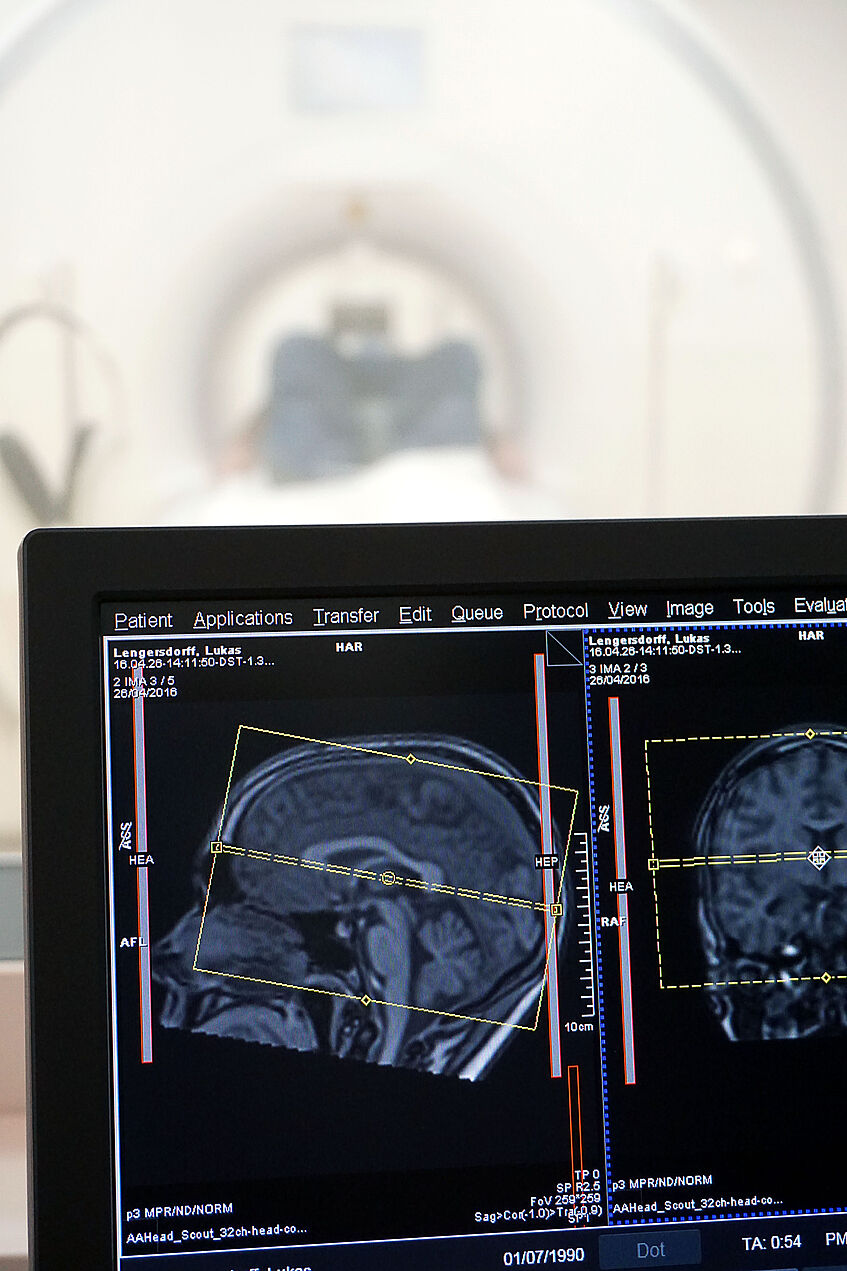Research interests
Find here an overview about our main research topics


Empathy and Prosociality
How can we feel what others are feeling? Empathy is a fundamental social skill that may act as a social glue, allowing us to communicate and to cooperate more efficiently with others. While generally considered a prosocial emotion that fosters ethical and moral social behavior, recent accounts highlight that it may also be exploited to manipulate others and to increase one’s own benefits at the others’ expense.
At the SCAN-Unit, we are trying to unravel the neural and psychological underpinnings of empathy. We have made pioneering contributions in this domain, such as by showing that empathy for pain activates similar areas as experiencing pain oneself. More recently, we have substantially expanded these findings. Using a novel methodological approach that combines behavioral measures, psychopharmacology, neuroimaging, and electroencephalography, we demonstrated that placebo analgesia not only lowers pain experienced in the self, but also empathy for pain. In a series of follow-up studies, we are currently testing the specificity and generalizability of these findings.
Environmental Social Neuroscience
How and why do humans influence the environment in which they live? Due to anthropogenic climate change, this question is increasingly becoming the focus of research and political and societal discourse. Psychology offers a systematic approach to explore whether and why people engage in pro-environmental behaviors and how we can encourage them to keep the environments around us intact. In addition, research also shows that humans are enormously influenced by the environments that we inhabit, which has an enormous impact on our physical and mental health. At the SCAN-Unit, we are therefore investigating two main research topics from the field of environmental neuroscience. On the one hand, we explore why people make pro-environmental decisions and how we can promote climate change mitigation. On the other hand, we investigate how specific environments impact human health and well-being. To this end, we draw on and combine a wide range of methods from neuroscience, behavioral science, Big Team Science, and environmental psychology to investigate the mechanisms and factors underlying these complex phenomena.
See Doell. et al. (2023) for a recent paper highlighting this new research domain.


Comparative Social Affect and Cognition
Humans are sometimes characterized as a “particularly social” species. We live in very large social groups and communities, and this might be so because we are equipped with advanced socio-cognitive skills. While some scholars claim that these skills are unique, other accounts suggest that we are certainly not the only animal species that excels in terms of social cognition and behavior. At the SCAN-Unit, we have thus embarked on a new research journey that uses behavioral, psychophysiological, and neuroimaging measures in dogs (Canis familiaris), a species well-known for their advanced socio-cognitive and -affective skills. Dogs have been domesticated thousands of years ago and share their social environment with humans in most Western societies ever since. These studies are performed in close collaboration with our colleagues from the Messerli Research Institute as part of our joint Comparative Canine Neuroimaging Unit (https://ccnu.univie.ac.at/).
Our goal is to study the evolutionary basis of the social brain by conducting comparative research with dogs and humans, and we constantly aim to improve prevailing methodological standards in the emerging field of canine neuroimaging. See Boch et al. (2023) and Guran et al. (2023) for two representative paper highlights from this research focus.

Brain, Mind, and Body
The brain has been labeled as one of the most complex systems in our universe. Our aim is to substantially advance our insight into this complexity by investigating how the brain enables the advanced social behaviors humans (and other animals) are capable of.
In this respect, we consider it fundamental to target the phenomena we are interested in using a wide array of methods – ranging from genetics to behavioral investigations “in the wild” (the field).The SCAN-Unit thus uses a wide range of research methods, and attempts to combine them to generate converging evidence. Since the brain does not act in isolation from other organs, relying on brain imaging alone won’t help us solve the puzzle. We thus also incorporate measurements of bodily responses, or experimentally manipulate these responses – e.g. by inducing stress in order to measure how this affects empathy and prosocial behavior.
